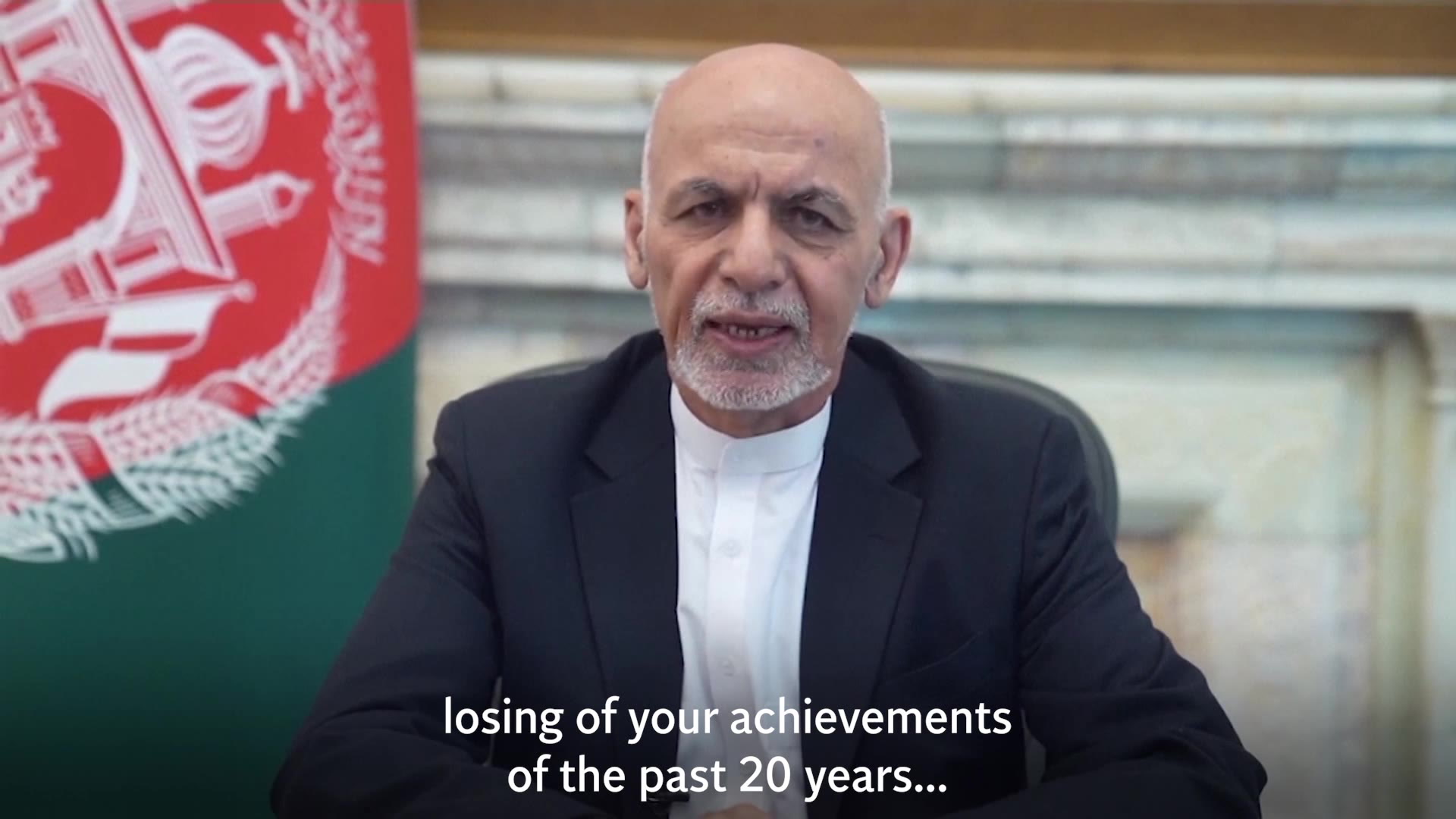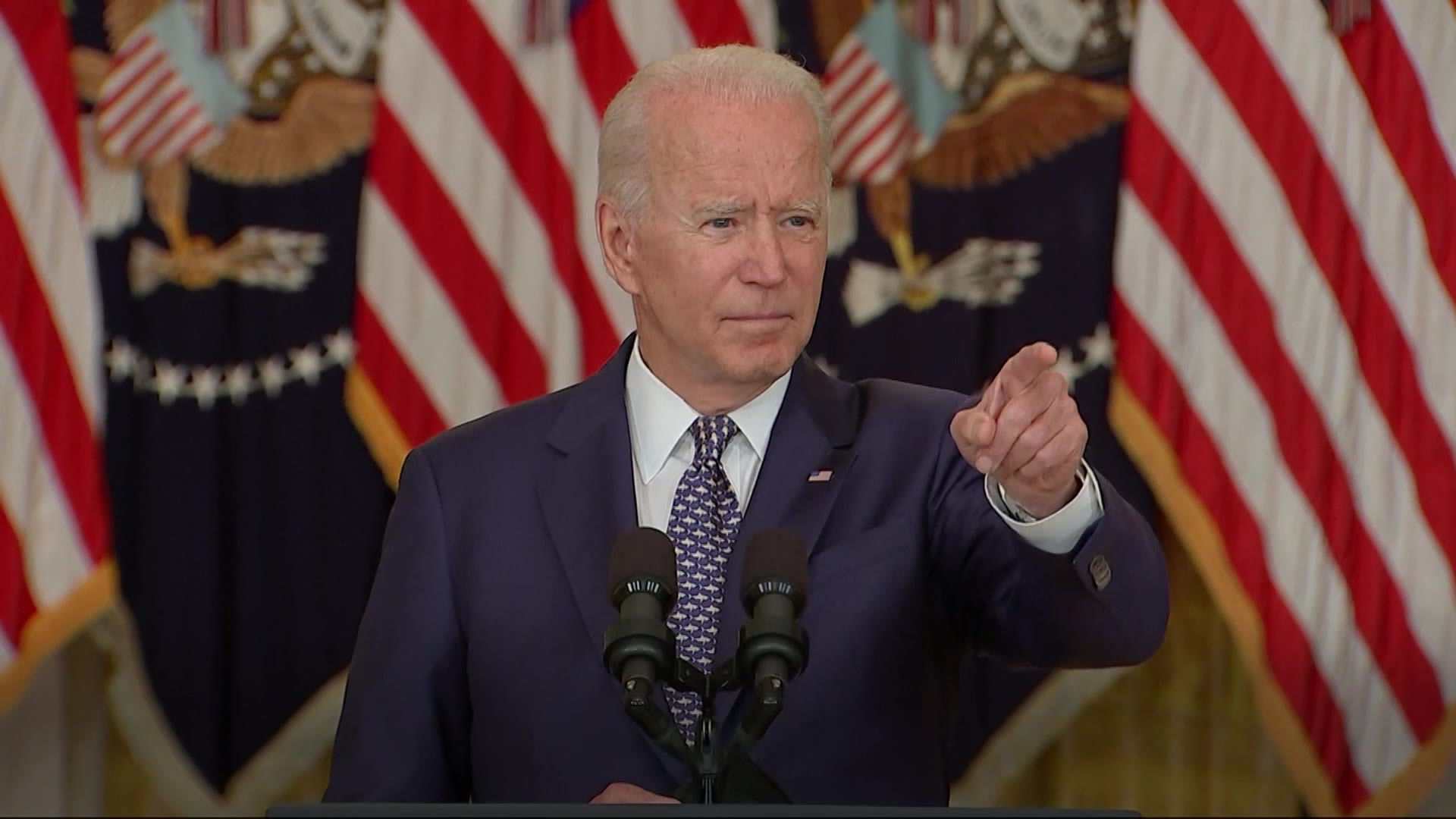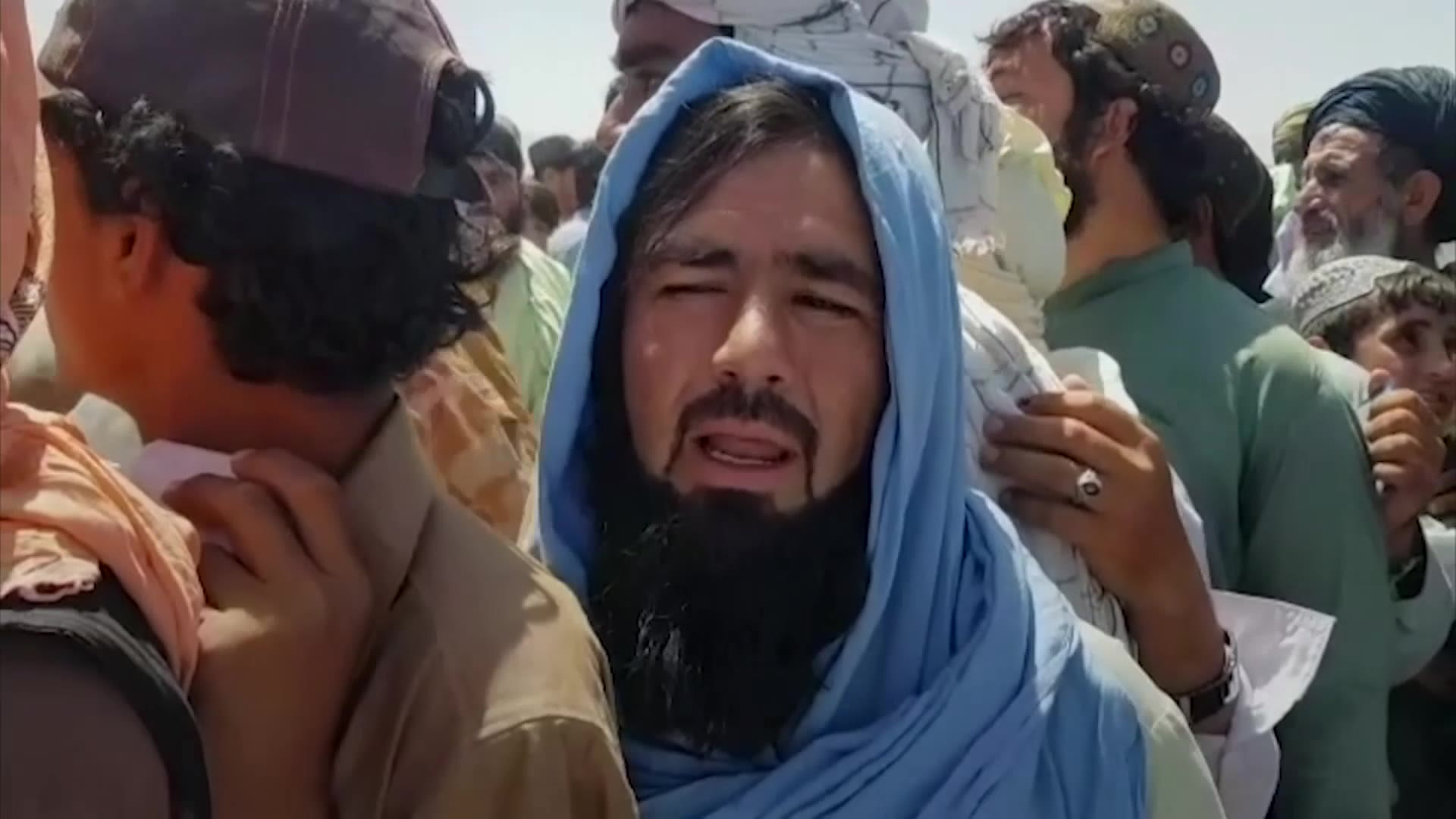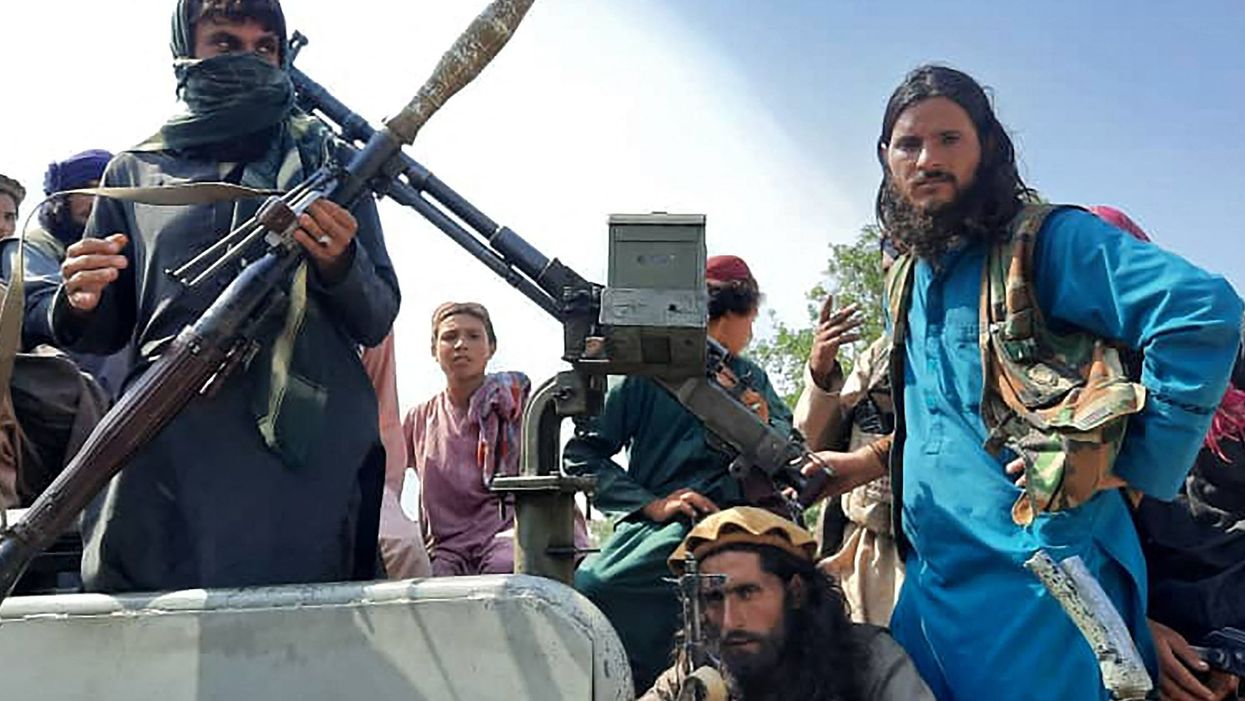Harriet Brewis
Aug 15, 2021
The Taliban has entered Afghanistan’s capital Kabul and taken control of the presidential palace, amid the dramatic fall of the country’s Western-backed government.
The insurgents had already taken control of all of the country’s other major cities, as part of a devastating offensive that came after US-led foreign forces pulled out of the country.
The speed of the insurgents’ advance across the country has horrified the world. The US, UK and other Nato allies have spent almost 20 years training and equipping the country’s security forces, yet recent months have seen them crumble faced with Taliban fighters.
Here, we take a look at some of the major milestones in the militant movement’s sudden and sweeping takeover:

April 14
President Joe Biden announces US troops will withdraw from Afghanistan starting on May 1 and ending on September 11, bringing America’s longest war to a close. It was an extension of the previous withdrawal deadline of May 1 agreed between the United States and the Taliban.
May 4
Taliban fighters launch a major offensive on Afghan forces in southern Helmand province. They also attack in at least six other provinces.
May 11
The Taliban capture Nerkh district just outside the capital Kabul as violence intensifies across the country.
June 7
Senior government officials say more than 150 Afghan soldiers are killed in 24 hours as fighting worsens. They add that fighting is raging in 26 of the country’s 34 provinces.
June 22
Taliban fighters launch a series of attacks in the north of the country, far from their traditional strongholds in the south. The UN envoy for Afghanistan says they have taken more than 50 of 370 districts.
July 2
American troops quietly pull out of their main military base in Afghanistan – Bagram Air Base – an hour’s drive from Kabul. It effectively ends US involvement in the war.

July 5
The Taliban say they could present a written peace proposal to the Afghan government as soon as August.
July 21
Taliban insurgents control about a half of the country’s districts, according to the senior US general, underlining the scale and speed of their advance.
July 25
The United States vows to continue to support Afghan troops "in the coming weeks" with intensified airstrikes to help them counter Taliban attacks.
July 26
The United Nations says nearly 2,400 Afghan civilians were killed or wounded in May and June in escalating violence, the highest number for those months since records started in 2009.

August 6
Zaranj in the south of the country becomes the first provincial capital to fall to the Taliban in years. Many more are to follow in the ensuing days, including the prized city of Kunduz in the north.
August 13
Four more provincial capitals fall in a day, including Kandahar, the country’s second city and spiritual home of the Taliban. In the west, another key city, Herat, is overrun and veteran commander Mohammad Ismail Khan, one of the leading fighters against the Taliban, is captured.
August 14
The Taliban take the major northern city of Mazar-i-Sharif and, with little resistance, Pul-e-Alam, capital of Logar province just 70 km (40 miles) south of Kabul. The United States sends more troops to help evacuate its civilians from Kabul as Afghan President Ashraf Ghani says he is consulting with local and international partners on next steps.
August 15
The Taliban take the key eastern city of Jalalabad without a fight, effectively surrounding Kabul.
Taliban insurgents also enter Kabul, an interior ministry official says, as the United States evacuate diplomats from its embassy by helicopter.
President Ghani later flees the country to “avoid bloodshed”, while his forces give up Kabul without a fight. Triumphal fighters are later pictured in the abandoned presidential palace, as they prepare to announce a Taliban government.
In a statement, President Ghani admits the insurgents have “won”.
August 16
UK defence secretary Ben Wallace acknowledges that the Taliban “are in control” of Afghanistan, saying there is a sense of sadness in the recent events.
He tells Sky News: “I think we all saw that and felt a real sense of sadness that first of all the forces that the British and the international community had invested in had melted away in some areas so quickly.”
Asked if he acknowledged the Taliban had won the war, he says: “I don’t know about a win, I think, I acknowledge that the Taliban are in control of the country. You don’t have to be a political scientist to spot that’s where we’re at.”
Meanwhile, Afghans and foreigners scramble to leave. Around 4,000 British nationals and eligible Afghans are thought to be in the city and in need of evacuation.
Top 100
The Conversation (0)













